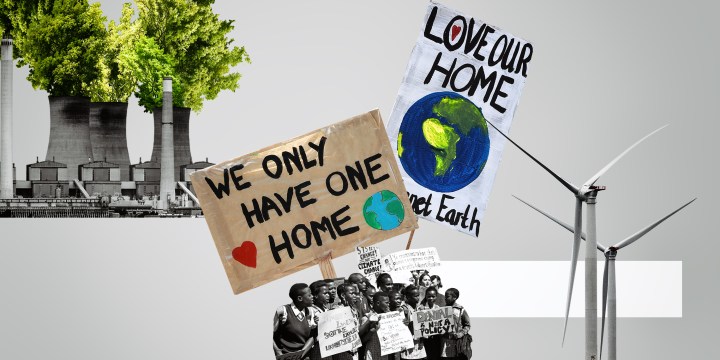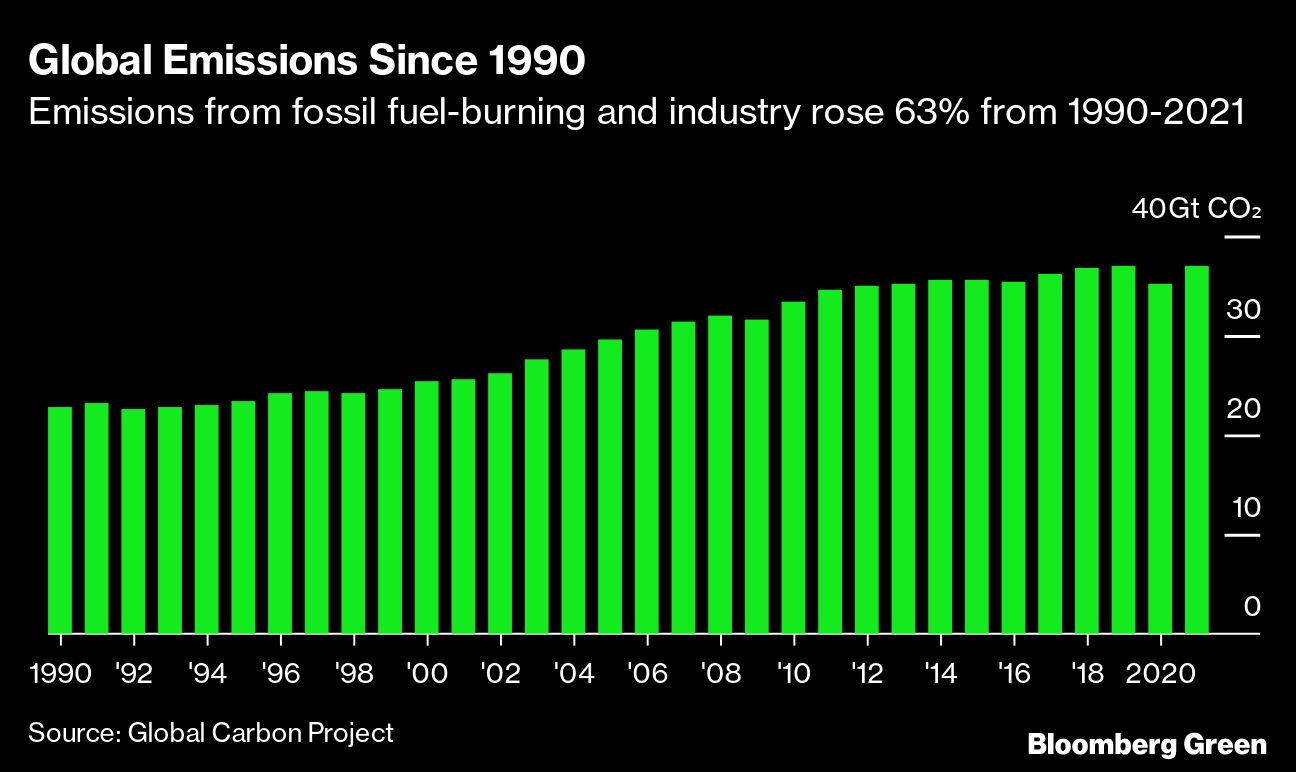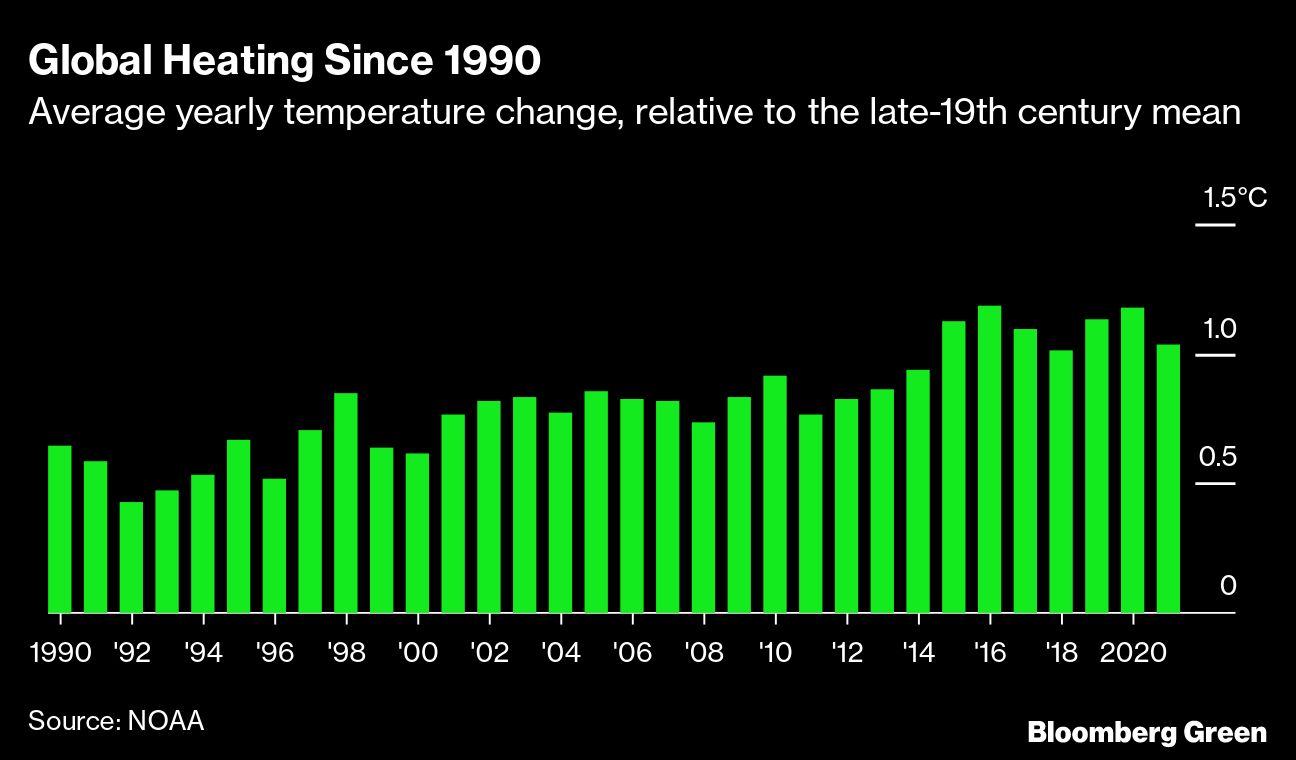GLOBAL WARMING WARNING
AR6 synthesis report: Warming above 1.5℃ is likely in the near term unless the world acts now, says the UN

Continuing to burn fossil fuels threatens human wellbeing and the stability of much of life on Earth, with the chance of avoiding the most severe impacts moving rapidly out of reach, according to a report released on Monday 20 March 2023 by United Nations-backed climate scientists.
“This report is a clarion call to massively fast-track climate efforts by every country and every sector and on every timeframe,” said UN Secretary General António Guterres in a statement alongside the release by the Intergovernmental Panel on Climate Change. “In short, our world needs climate action on all fronts – everything, everywhere, all at once.”
It’s the final statement from the world’s leading climate science body summarising five years of its own research across some 10,000 pages. The last entry in this current cycle of landmark studies from the scientists is also the most succinct, weighing in at 37 pages that are meant to inform policymakers. The report underscores a handful of points about climate change and its impacts:
- Heal the divisions of the past and establish a society based on democratic values, social justice and fundamental human rights;
- Lay the foundations for a democratic and open society in which government is based on the will of the people and every citizen is equally protected by law;
- Improve the quality of life of all citizens and free the potential of each person; and
- Build a united and democratic South Africa able to take its rightful place as a sovereign state in the family of nations.
- Greenhouse gas emissions generated by human activity have unequivocally caused global warming, and emissions have continued to rise, with some countries and groups contributing far more than others.
- The world must cut greenhouse gas emissions to 60% below 2019 levels by 2035.
- “Widespread and rapid” changes to planetary systems have already taken place, their impacts disproportionately affecting the world’s at-risk populations. More than three billion people are highly vulnerable to climate change.
- Climate adaptation has advanced, but not enough. Current levels of funding are insufficient. Increased warming will make adaptation harder.
- Although policies to mitigate climate change have expanded, it’s likely that the world will exceed 1.5℃ of warming “in the near term”. Limiting warming to 1.5℃ or 2℃ will require deep emissions cuts across the economy this decade. If the world overshoots 1.5℃, that level could be brought down again by ending emissions and deploying carbon removal, but carbon removal brings additional concerns. Emissions must peak before 2025 for a 50% chance to hit 1.5℃ with little or no overshoot.
- Climate-related risks are rising with every increment of warming. “Deep, rapid and sustained” emissions cuts can avoid some future changes, but not others.
“What this synthesis report shows is the gravity of the problem,” said Friederike Otto, senior lecturer at the Grantham Institute for Climate Change and the Environment at Imperial College London and one of the core report writers on the team of dozens of authors. “It shows with much more evidence and much more clarity than any of the reports before just how much the 1.1 degree of warming we already have now is affecting adversely our human and natural systems and – in other words – that means is killing people and destroying their livelihoods.”
Read in Daily Maverick: The need for action on the climate crisis is more urgent than previously assessed – IPCC
The IPCC’s sixth cycle of publication began in 2018. Global emissions have not fallen but continued to rise since then, necessitating more drastic and immediate steps to curtail them. Reaching net zero emissions soon is critical.

Global Emissions Since 1990 | Emissions from fossil fuel-burning and industry rose 63% from 1990-2021.
The addition of a 60% greenhouse gas emissions reduction target for 2035 adds important granularity to the race toward net-zero emissions in 2050. Previously stated emissions reduction targets focused on the ends of decades: 2030, 2040 and 2050. This creates a concrete end point for the next round of 10-year climate pledges that countries will make in 2025.
Visit Daily Maverick’s home page for more news, analysis and investigations
Projected emissions from existing fossil fuel infrastructure, without reducing greenhouse gases through technologies such as carbon capture and storage, would exceed the carbon budget we have left to stay below the Paris Agreement’s 1.5℃ limit, the report notes.
Meanwhile, the world’s top two annual emitters are still expanding that infrastructure: China approved more coal projects than other nations combined in 2022 while the US just approved a new oil drilling project in Alaska. The US is the largest historical emitter.
And climate risks have only escalated. “Evidence of observed changes in extremes such as heatwaves, heavy precipitation, droughts, and tropical cyclones, and, in particular, their attribution to human influence, has further strengthened” since the fifth IPCC cycle that ended in 2014, the scientists write.
More frequent and more extreme heat is taking lives on every inhabited continent. Floods – like those that displaced millions in Pakistan last year – along with wildfires and other disasters are forcing people from their homes all over the world. Sea levels rose 0.2 metres between 1901 and 2018, and will rise for centuries or millennia more as heat reaches the depths and ice sheets continue to melt.

Global Heating Since 1990 | Average yearly temperature change, relative to the late-19th century mean.
Foregrounding the issue of climate justice, the scientists emphasise that less developed countries are hit hardest. For 30 years, some developing nations have promoted the idea of rich countries funding their recovery from climate-related disasters they had little part in causing. Last year at the COP27 summit, the so-called “loss and damage” debate went from the third-rail of climate politics to a preliminary agreement on climate aid.
Nations aren’t powerless to limit future destruction: “Feasible, effective, and low-cost options for mitigation and adaptation are already available, with differences across systems and regions.” Solar and wind energy, electric vehicles and green urban infrastructure bring additional benefits such as lower levels of air pollution. Climate adaptation has the potential to increase food security and biodiversity conservation.
Guterres called on developed countries to accelerate their plans, moving their 2050 pledges to end emissions up to 2040. As a part of that, he wants no new coal plants by 2030, an end to coal in rich countries that same year, an end to them everywhere by 2040 and “ceasing all licensing and funding of new oil and gas,” based on International Energy Agency findings.
“The transition must cover the entire economy,” he said. “Partial pledges won’t cut it.”
Peter Thorne, director of the Icarus Climate Research Centre at Ireland’s Maynooth University and a core writer, said the consequences of our action – or inaction – will reverberate well beyond our lifetimes. “So we need to think how future generations will look back at us as a generation that had the full knowledge. Did we undertake that action or not? Will we be forgiven and celebrated by our ancestors, or will we be damned by them?”
In a departure from synthesis reports released in past cycles, this one has a section devoted to urgency. The world’s preeminent scientists and representatives from 195 countries agreed to every word of the following statement:
“The choices and actions implemented in this decade will have impacts now and for thousands of years.” BLOOMBERG/OBP





















 Become an Insider
Become an Insider
Comments - Please login in order to comment.